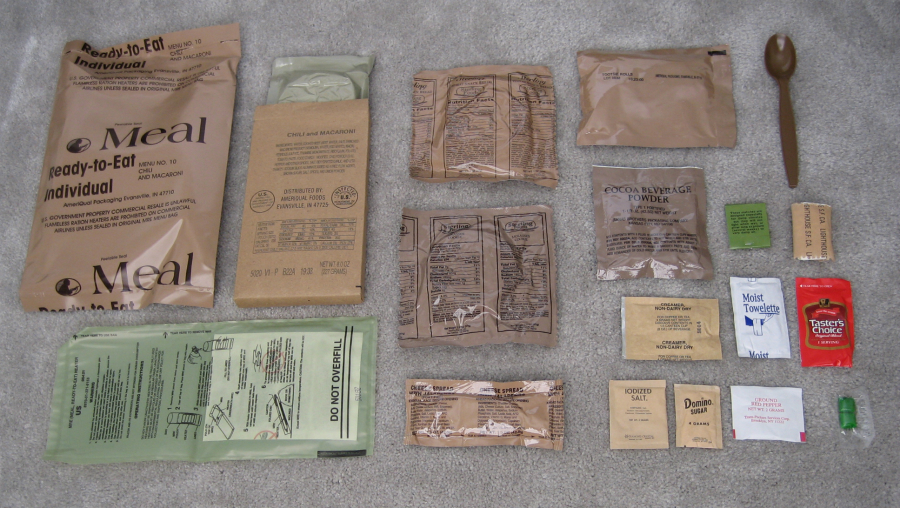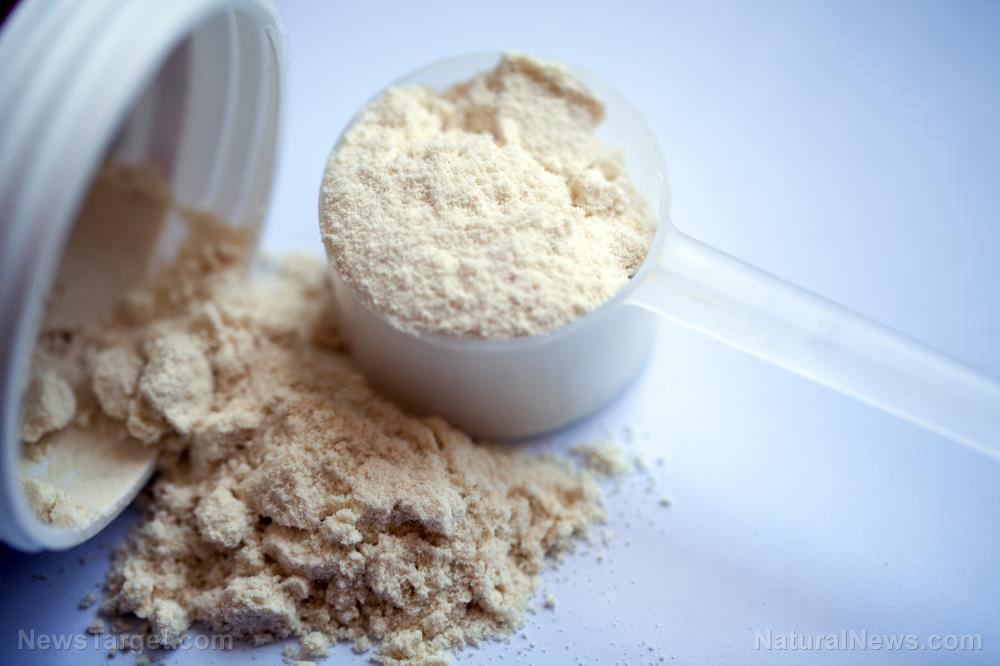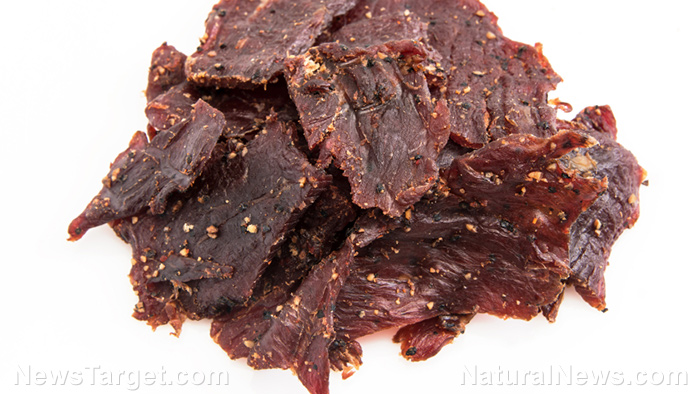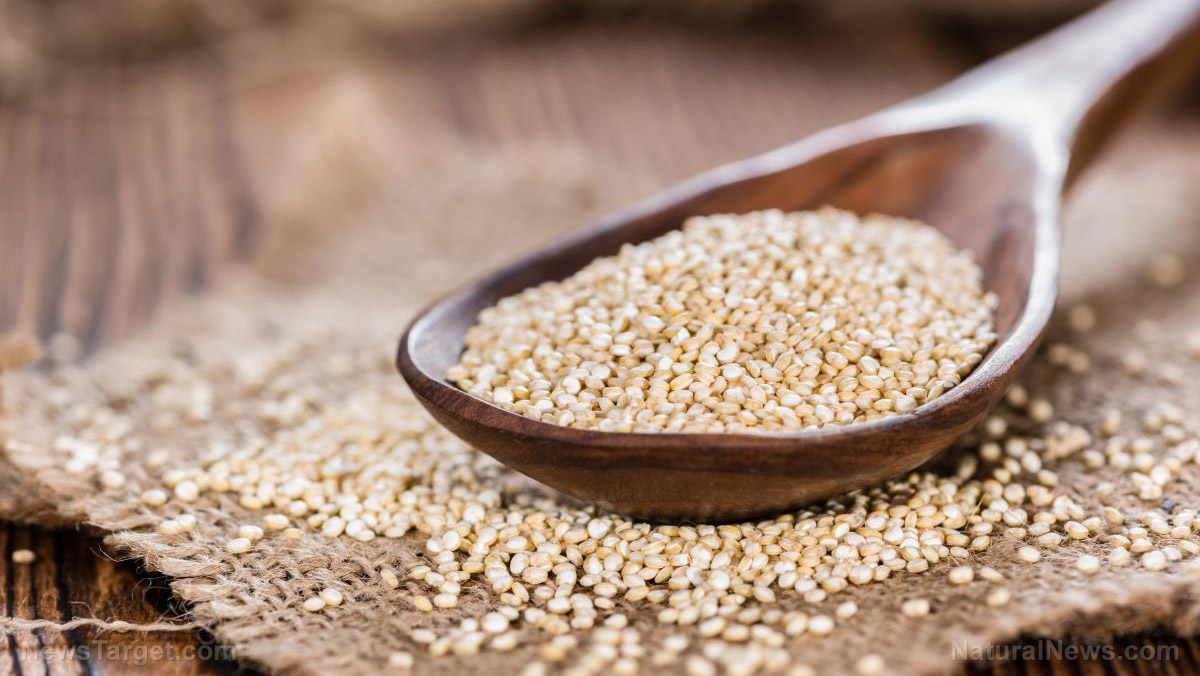Extracts from cinnamon and pomegranates show antimicrobial activities against food-poisoning bacteria
06/08/2021 / By Evangelyn Rodriguez

Foodborne illness is a major concern for the food industry and regulatory agencies around the world. The most common cause of foodborne illness, or food poisoning, is consuming spoiled foods or products contaminated by pathogenic microorganisms. According to the Centers for Disease Control and Prevention (CDC), foodborne illness is a costly public health problem that, while preventable, can still claim lives if not treated promptly. In the U.S., one in six Americans get sick due to food poisoning and around 3,000 die each year.
In 2016, nine foodborne pathogens caused more than 24,000 infections, nearly 6,000 hospitalizations and almost 100 deaths. These pathogens belonged to the genera Campylobacter, Salmonella, Shigella, Cryptosporidium, Yersinia, Vibrio, Listeria and Cyclospora, and included a strain of Escherichia coli that produces the Shiga toxin. Known as one of the most potent biological poisons on the planet, the Shiga toxin causes bloody diarrhea and hemolytic uremic syndrome (HUS). HUS is characterized by low blood platelet counts, hemolytic anemia and eventual kidney failure.
Thanks to advances in modern technology, researchers have developed a new type of food packaging that can prevent food spoilage and foodborne illnesses. Active antimicrobial packaging is specifically designed to release bioactive compounds into packed foods in a controlled manner. These bioactive compounds are often isolated from plants and have potent antimicrobial properties that can stem the growth of microorganisms. Antimicrobial packaging capable of releasing such compounds may preserve perishable goods that need to be transported to distant locations.
In a recent study, a researcher at Pamukkale University in Turkey evaluated the effectiveness of active antimicrobial films at inhibiting the growth of two common food pathogens, namely, E. coli and Staphylococcus aureus. The antimicrobial films were made with a biodegradable polymer called polycaprolactone (PCL) and incorporated with active compounds from cinnamon and pomegranate. The researcher reported his findings in an article published in the journal Food Science and Technology.
Films containing cinnamon and pomegranate compounds may prevent food spoilage
For his experiment, the researcher used manti, a tortellini-like traditional Turkish food, because it requires an active packaging system to be transportable. Due to its nutrient content and high moisture content, manti is considered a highly perishable food product. The researcher used polycaprolactone to make the packaging films because previous studies have found that the polymer can control the release of bioactive compounds effectively. The samples were then stored at 4 C.
Before inoculating the manti pieces with food-poisoning bacteria, the researcher incorporated (PCL) films with either cinnamaldehyde (CNMA) from cinnamon or pomegranate methanolic extract (PME) to form antimicrobial diffusion films. According to studies, cinnamaldehyde can stop Gram-positive and Gram-negative bacteria from forming biofilms, while pomegranate extracts have shown inhibitory effects on the growth of E. coli and S. aureus. The packaged manti and films were inserted in polyethylene bags filled with 100 percent N2 gas and monitored at 4 C for 28 days.
The researcher found that low-temperature storage and the addition of antimicrobial films effectively controlled microbial growth in the manti packages under modified atmospheric conditions for almost a month. Both the PCL-CNMA and PCL-PME films suppressed the growth of S. aureus for 21 days at 4 C, but the PCL-CNMA films had fewer colony forming units (CFU) at Day 28. (Related: Essential oil of bald cypress can prevent food spoilage.)
The researcher reported a similar result on Day 28 for manti packages inoculated with E. coli. While PCL-PME films provided a bacteriostatic effect from Day 7 to Day 28, the PCL-CNMA films caused significantly larger reductions in CFU from Days 21 to 28.
Based on these findings, the researcher concluded that cinnamaldehyde from cinnamon and pomegranate extracts have powerful antimicrobial properties and can be incorporated into antimicrobial films to extend the shelf life of foods in cold storage.
Sources include:
Tagged Under: antimicrobial films, cinnamaldehyde, food packaging, food poisoning, Food Preservation, food science, food spoilage, Food storage, natural antimicrobials, phytonutrients, pomegranate extracts, prevention, refrigerated foods, research, shelf life
RECENT NEWS & ARTICLES
FoodStorage.News is a fact-based public education website published by Food Storage News Features, LLC.
All content copyright © 2018 by Food Storage News Features, LLC.
Contact Us with Tips or Corrections
All trademarks, registered trademarks and servicemarks mentioned on this site are the property of their respective owners.





















